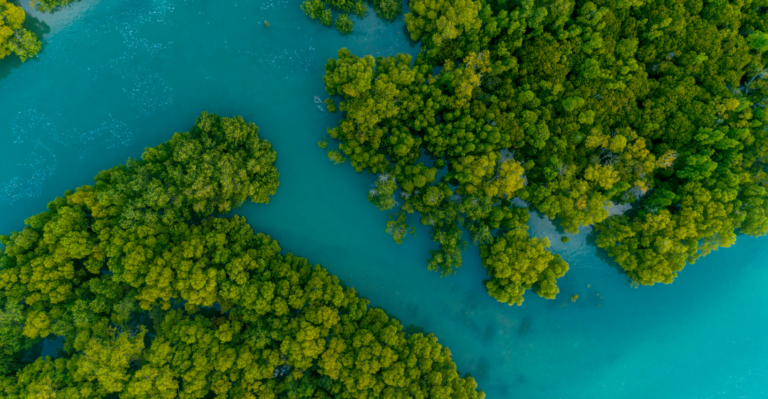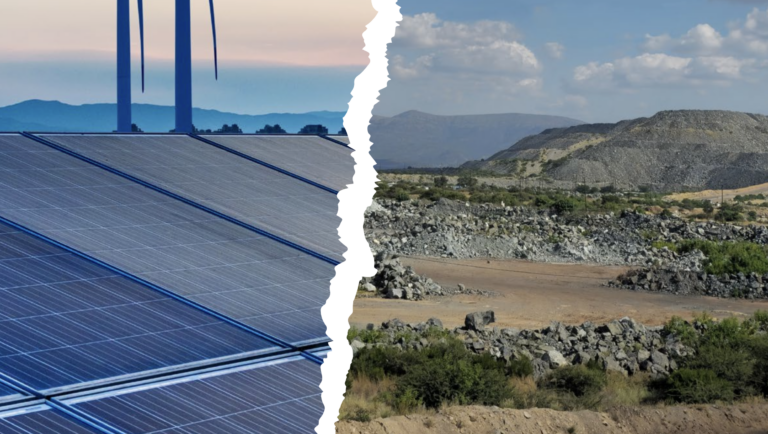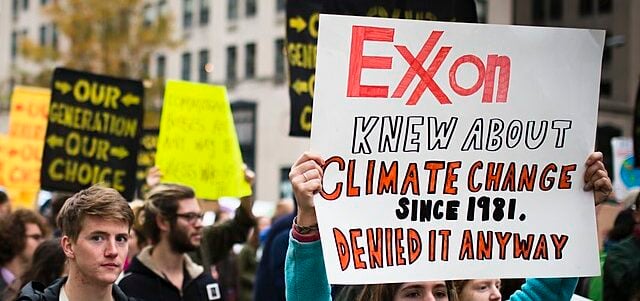
Shell’s risky bet on climate chaos. The deceptive path to net zero.
Shell’s current business model prevents it from playing any meaningful role in the energy transition. In our new report, researchers identify the three key elements of Shell’s business model that are clear indicators of the short-term anti-climate approach that will shape the company’s future options moving forward to net-zero. The report also identifies the governance gaps that enable companies like Shell to keep maximising shareholder profits.

The path Shell has followed so far, suggests that, since the landmark Paris Agreement, Shell has wasted valuable time and cash flow on prioritising shareholders rather than developing a future-proof strategy. This has effectively constrained the company’s capacity to shift investments from fossil-based to renewable assets and, as a result, Shell now faces limitations on incurring further debt. This means it may need to either reduce future payouts to shareholders or decrease capital investments in fossil activities in order to expand its green production capacity.
These elements clearly indicate that Shell will not have the capacity to shift investments into actually realising its own climate goals(opens in new window) trying to reach net zero in 2050. This is the main conclusion of the new SOMO report Stranded. Why Shell is unable to navigate the just transition trilemma:
- First, Shell has not accounted for a strategy aligned with the 1.5°C pathway to reduce carbon emissions. Shell’s stranded assets are valued at approximately USD 148 billion, with an annual depreciation cost of around USD 5 billion from 2020 to 2050. This amount is 17 times the investment Shell made in wind and solar energy in 2021 (USD 288 million).
- Secondly, Shell is stuck in a high pay-out regime to its shareholders. Between 2010 and 2022, Shell’s total payouts accounted for 82% of its net income, resulting in USD 122 billion in dividends and USD 48 billion in share repurchases.
- Thirdly, although Shell decreased its debt with the surplus profits it generated in the wake of the Russian invasion of Ukraine, Shell’s total debt as percentage of sales, rose from 12% in 2010 to 22% in 2022. While increasing its debt, investment in energy production capacity declined. Annual capital investments (as a percentage of the total stock of productive capital) dropped from 19% in 2010 to 11% in 2022. Investments remained geared towards fossil fuel investments, there was no substantial increase in green assets.
Plundering the global carbon budget due to governance gaps
The report further shows how companies like Shell are responding to the complete failure of governments to set boundaries for new oil and gas investment. The IPCC has made clear there is a global carbon budget beyond which we cannot go if we are to keep within 1.5°C. With no mandatory requirements in place for businesses, companies like Shell are able to plunder the common carbon budget to create wealth for a small group of investors and executives. The SOMO report estimates that a 1.5°C pathway would leave a carbon budget for Shell of around 1.9 GtCO2 from 2020 onwards, which means that 68 per cent of Shell’s current proven oil reserves would need to remain in the ground.
“Shell’s strategy, which attempts to keep its options open and buy time by investing in fossil fuels while projecting a net zero future, is deeply damaging”, says SOMO-researcher Rodrigo Fernandez.
Since the Paris Agreement, Shell has invested USD 14.4 billion in the exploration of new upstream assets and it intends to continue to invest up to USD 1.5 billion annually until at least 2025. These investment decisions reinforce path dependency and are not consistent with a 1.5°C decarbonisation pathway.
“Future generations need an effective rule-based decarbonisation regime that translates the Paris Agreement into clear and enforceable laws for individual countries and companies. And auditors should examine and publish the likely impact of effective regulation safe-guarding the carbon budget associated with a 1.5°C world
Related news
-
 The Counter: strengthening the fight for climate justice around the worldPosted in category:Long read
The Counter: strengthening the fight for climate justice around the worldPosted in category:Long read Luis ScungioPublished on:
Luis ScungioPublished on: -
The hidden harm of green hydrogen Published on:
 Ilona HartliefPosted in category:Publication
Ilona HartliefPosted in category:Publication Ilona Hartlief
Ilona Hartlief
-
 ExxonMobil sues the Netherlands over gas field closurePosted in category:News
ExxonMobil sues the Netherlands over gas field closurePosted in category:News Bart-Jaap VerbeekPublished on:
Bart-Jaap VerbeekPublished on:


